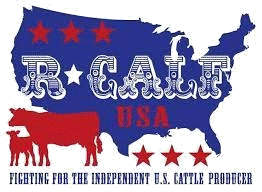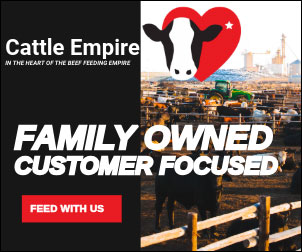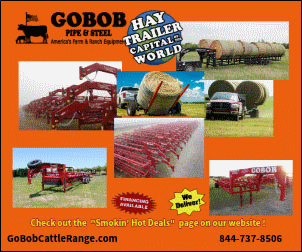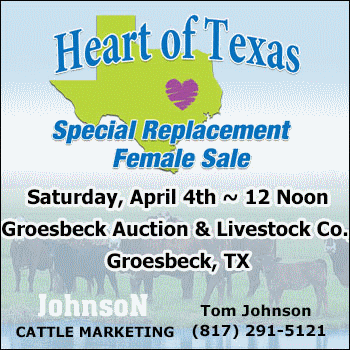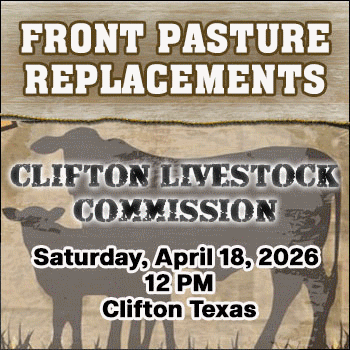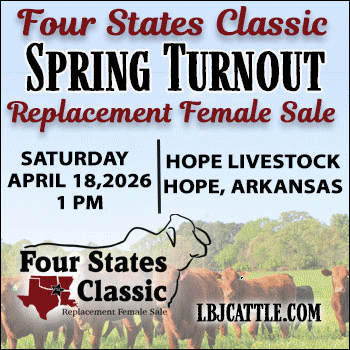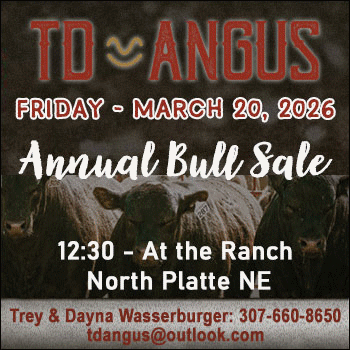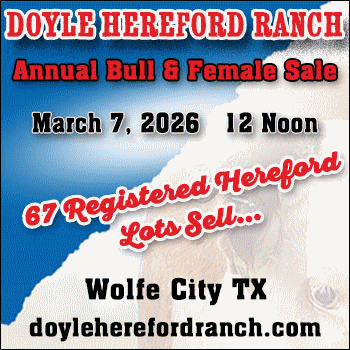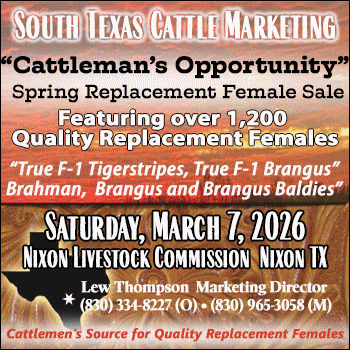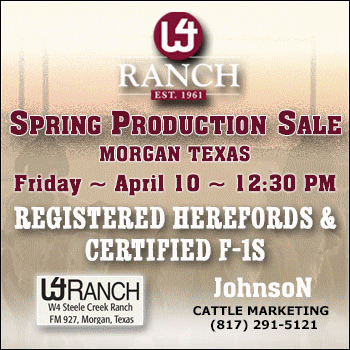Commentary by Bill Bullard, CEO, R-CALF USA
Though it’s been a while, R-CALF USA’s persistence in calling for country of origin labeling and tariffs for the cattle industry has attracted a recurring rebuttal from the beef industry.
Nevil Speer, an industry consultant, published an opinion piece in Beef Magazine scorning statements I made during my appearance on Mornings with Maria, a Fox Business news segment.
There’s a good reason for Nevil Speer’s angst. You see, he and R-CALF USA have different constituencies. Nevil Speer is an advocate for the beef industry – the entire beef industry complex from supply sources to manufacturing, distribution, and sales. His constituency buys live cattle from my constituents, America’s cattle ranchers. So, while I refer to the domestic live cattle supply chain as an industry onto itself, Nevil Speer views the live cattle supply chain, both here and abroad, as the beef industry’s supply chain.
In fact, he reveals his bias when criticizing my claim that “Our industry is not competitive” when global packers import beef from 20 different countries without ever informing consumers as to where the beef came from. Meaning our cattle industry cannot compete in the domestic market when consumers cannot distinguish superior domestic beef from cheaper foreign beef.
But Nevil Speer represented that I claimed his “beef” industry wasn’t competitive, and he did this by inserting the word “beef” into my quote, which, of course, I did not say.
Well, jeez, one cannot say the global beef industry isn’t competitive when it can source its inputs from around the world, market those foreign inputs to unsuspecting consumers as if they originated from America’s ranchers and then use its supply of foreign beef and cattle to leverage down demand for domestic cattle. So, yes, Nevil Speer’s “beef” industry is competitive, albeit unfairly so. It is the cattle industry whose competitive markets have been diminished by globalization and unprecedented market concentration.
The purpose of the Fox segment was to discuss the long-term decline of the U.S. cattle herd, the loss of hundreds of thousands of cattle ranchers, and today’s higher beef prices.
But given Nevil Speers’ bias is toward the beef industry, it’s no surprise he titled his critique of the interview, “Fox Business squanders beef’s trade story: Mainstream media segment doesn’t paint the full picture of beef trade.”
The picture Nevil Speer tried to paint is that, by measuring trade in dollars over the past 15 years, he claims the U.S. experienced a cumulative beef trade surplus of over $20 billion and therefore, the export trade cannot be a niche market. But that’s not true. Again, Nevil Speer doesn’t advocate for the cattle industry and so he ignores the fact that we imported about $28 billion in live cattle during the period. So rather than accumulate a trade surplus, even when measured in dollars, the U.S. experienced a cumulative trade deficit of over $7 billion in the trade of cattle and beef during the period, thus substantiating my claim that exports are but a niche market.
The next argument intended to refute our concern that free trade has caused our cattle industry to shrink in terms of producer numbers and cattle numbers was the beef industry’s age-old argument that improved genetics has increased the size of cattle, enabling the U.S. to produce more beef with fewer cattle. While that is certainly true, it doesn’t explain why imports continue capturing more and more of the domestic market away from U.S. cattle producers. In other words, while our production has increased moderately since the 2006-2013 period, beef consumption has increased significantly, and imports are now capturing a greater share of this increased consumption. We estimate that imports now capture 22% of domestic consumption, which is more than double what it was just over a generation ago.
Nevil Speer then takes the beef industry’s obligatory swipe at country of origin labeling and tariffs, claiming they will drive up consumer prices. But wait, would consumers have to pay more if the packers priced beef according to actual costs? In other words, without COOL the packers can charge the same price for lower cost imports as it charges for U.S. beef because consumers cannot tell the difference. With COOL, lower cost, imported beef would be priced less than it is today, giving consumers a genuine choice to buy lower cost beef.
And then Nevil Speer takes issue with my claim that free trade has squeezed profits out of ranching, arguing the current market is unprecedently strong. But that’s the point. Free trade long squeezed the economic viability out of our cattle industry, causing the exodus of so many ranchers and so many cattle that our market now functions at an extreme, which, of course, is a threat to our national security.
Source: R-CALF USA
Articles on The Cattle Range are published because of interesting content but don't necessarily reflect the views of The Cattle Range.
